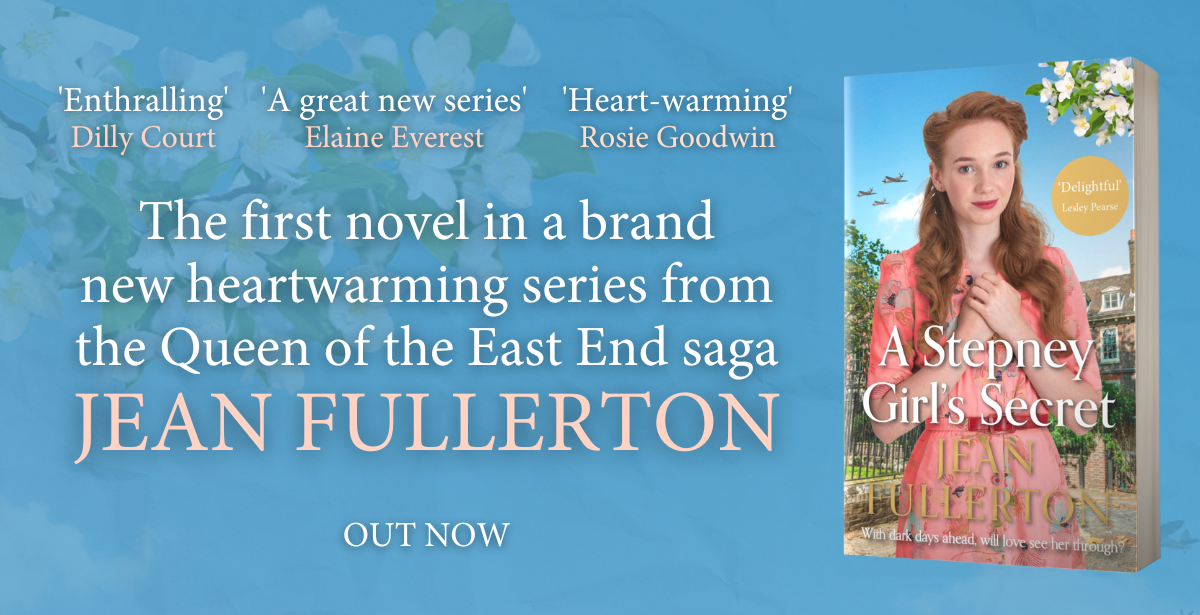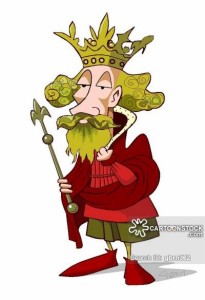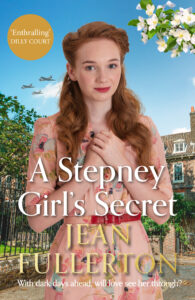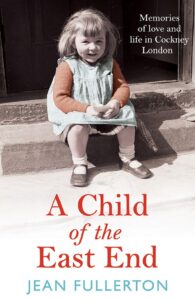| I once asked a group of twelve friends if anyone could put Richard II, Henry II and Edward II in chronological order. I’m sad to report only two managed it and one of those admitted it was a lucky guess. There ensued a discussion about history. Some said they hated it at school while other couldn’t see the relevance of learning about the Tudors, Stuarts or even the Industrial Revolution. However, when I asked them about their family’s history it was quite a different matter. One person’s grandfather served on the North Atlantic convoys, another had a father who fought at El Aleman, two had grandmothers who were evacuated and one had been a land girl. |
|
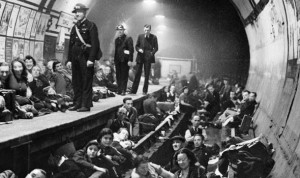 |
In addition one of us had lost Jewish family members during the Nazi occupation of Europe and my mother had survived the 1943 Bethnal Green Tube Disaster. Suddenly history wasn’t boring anymore. It was touchable. I believe this tangible link between our family history and the dramatic event of the last century goes a long way to explain the huge popularity of all things 20th century. |
| Of course the genre of popular fiction described as sagas has long tapped into this rich vein of social history. Traditionally they dealt with the gritty side of 19th century women’s lives, with multi-character and multi-generational stories. However, in the past few years they shifted forward a hundred years and focus more on stories set in the 40s, 50s, 60s and 70s. This has caused a huge surge in popularity for the genre and such novels feature prominently in bestseller lists and supermarkets alike. | 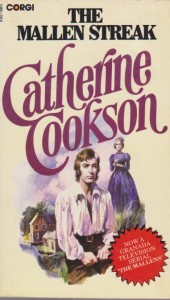 |
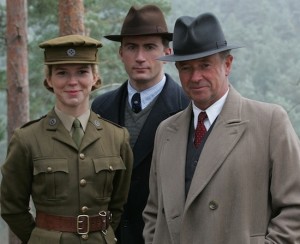 |
This popularity of the mid-20th century social history is also reflected in TV series such as Foyle’s War, Call the Midwife, Inspector Gently and the like. Although first and foremost entertaining dramas, their success is also linked to the undeniable truth that the dramatic tensions between protagonist and the plotlines often hinge on the period’s social history. Docudramas, too, like Cilla and Made in Dagenham also reflect the current fascination with our grandparents’ world. |
| It is not just fiction of the 20th century that dominates the TV ratings but factual, too. This is evident by the hugely popular Who Do You Think You Are, Secrets of the Workhouse and Turn Back Time, a series in which volunteers live as their families would have 70 years ago. | 
|
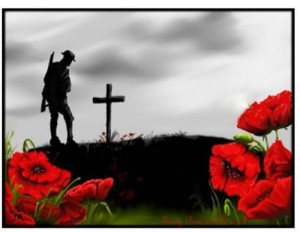 |
Although during last year’s commemoration of the outbreak of the First World War some documentaries explored the political and imperial causes of the Great War the vast majority focused on the lives of ordinary people on both sides caught up in conflict.
Add to this the thousands of people who are researching their family trees and it could be argued that the interest in all things historical has never been higher. |
Of course, I accept there is a massive dollop of nostalgia in all of this but given the
uncertain times we live in perhaps it is understandable. However, maybe by exploring
20th century history through fiction, drama and their family histories people will be
better able to understand the origins of the complex world we live in today.
First published in the Historical Writers’ Association’s Historia magazine in 2015.
